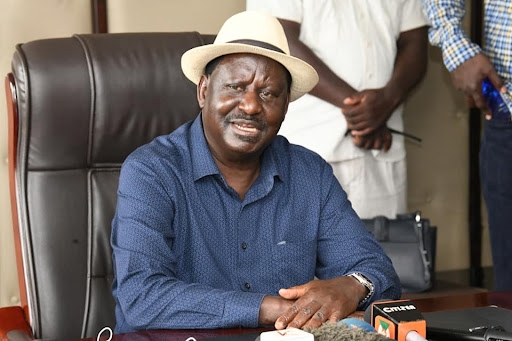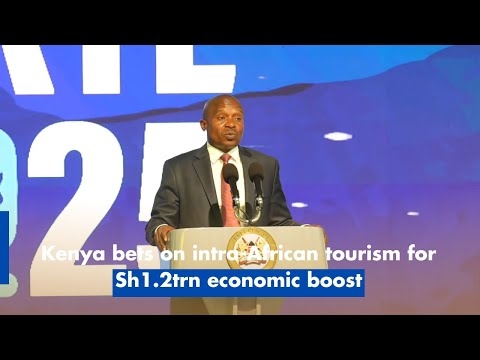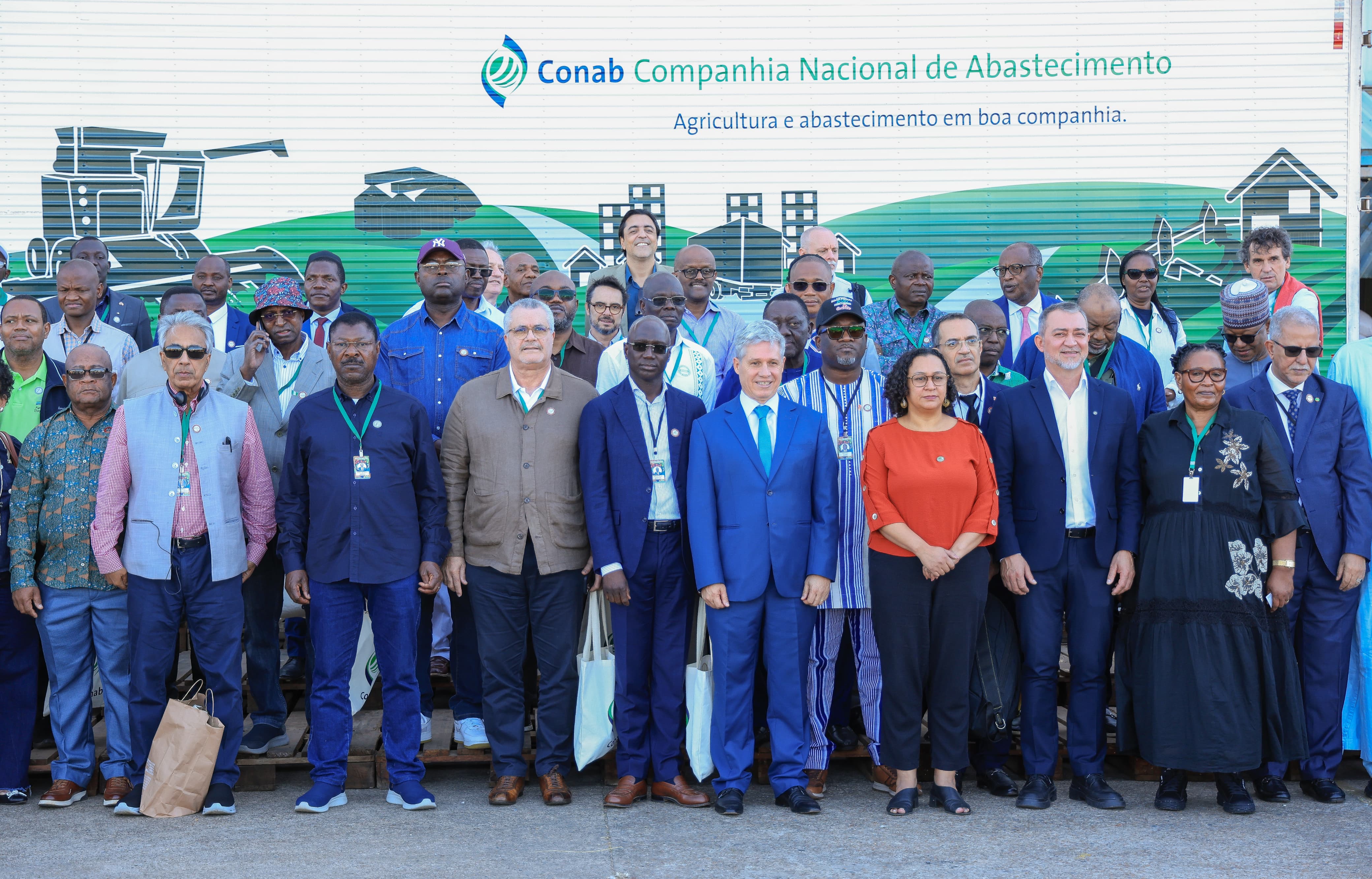
Kenya has thrown its weight behind a Brazil-led push to
bolster global food security and combat poverty, calling for stronger
partnerships among developing nations to confront rising hunger and
climate-related threats to food systems.
Speaking on behalf of President William Ruto at the 2nd
Brazil–Africa Dialogue on Food Security, Hunger and Rural Development, National
Assembly Speaker Moses Masika Wetang’ula praised Brazil’s leadership on global
food issues, noting that international cooperation and mutual learning are
vital to building resilient, sustainable food systems.
“It is a great honour to attend this high-level session and
bring greetings from the President of the Republic of Kenya and the people of
Kenya,” Speaker Wetang’ula said.
“We are here because the challenges facing food systems today—from climate change and biodiversity loss to economic shocks and conflict—are unprecedented and demand urgent, inclusive, and evidence-based solutions.”
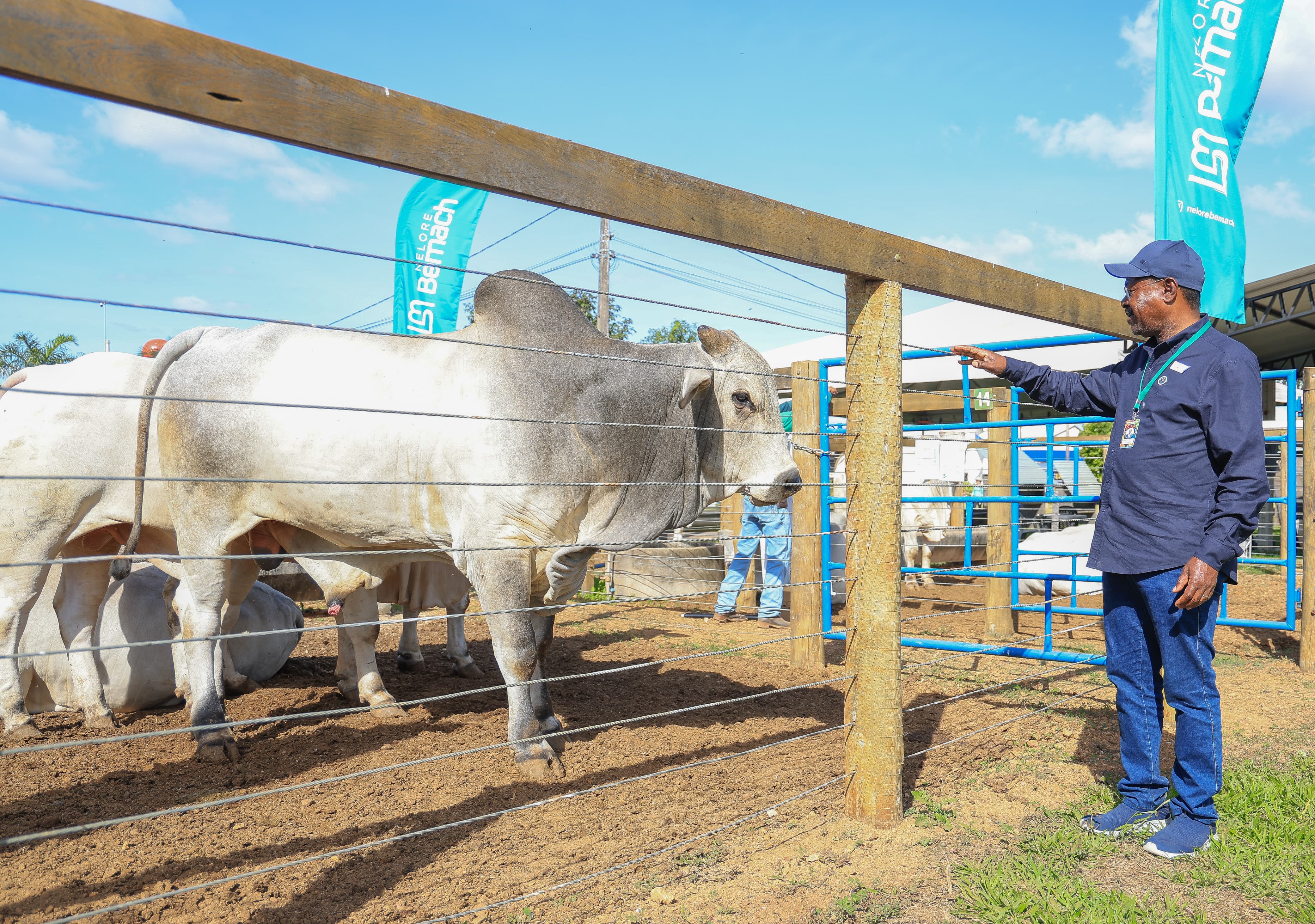
According to the 2025 Global Report on Food Crises, over 295
million people in 53 countries faced crisis-level hunger or worse in 2024, with
climate-related disasters and economic instability cited as key drivers.
Against this backdrop, the Brazil–Africa Dialogue seeks to
foster collaboration and knowledge exchange among Global South countries to
chart a path toward sustainable food systems.
Speaker Wetang’ula underscored the country’s transition from
reactive emergency food relief to proactive resilience-building, noting a raft
of transformative reforms aimed at redefining agriculture as a tool for
inclusive development.
Among the key interventions highlighted were the adoption of digital technologies to empower farmers with real-time data, scaling inclusive agricultural finance, and investing in youth- and women-centred food production systems.
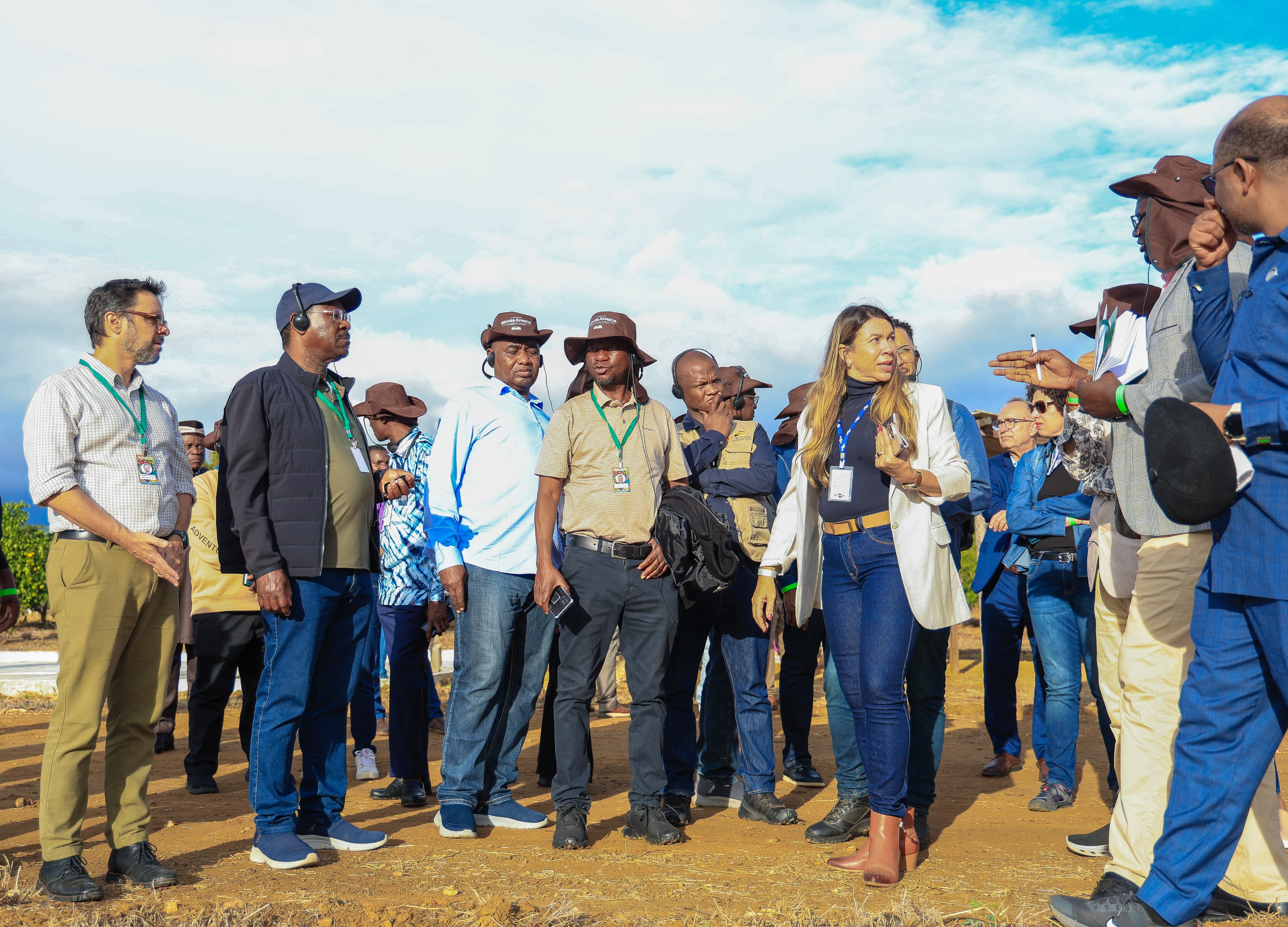
Kenya has also introduced innovative programs such as
e-voucher platforms for farm inputs, urban hydroponic farms, and school feeding
programs linked to smallholder farmers.
“These efforts reflect our national commitment to end hunger
and build sustainable food systems,” the Speaker said.
“We are proud to be part of the Global Alliance Against Hunger and Poverty, launched last year in Rio de Janeiro, and we remain steadfast in contributing to the global effort.”
Dr. Wetang’ula’s remarks also highlighted the importance of
intra-African trade through frameworks such as the African Continental Free
Trade Area (AfCFTA), which is helping improve food availability and affordability
by promoting cross-border market integration.
He revealed that Kenya has identified Brazil as a strategic
trade partner and called for deeper bilateral cooperation.
Over the past decade, he disclosed, trade between the two
countries has grown steadily, with Kenya exporting fish, coffee, tea, and other
agricultural products.
Brazil, in turn, has
supported Kenya’s agricultural revitalization, especially in the cotton sector
through the Cotton Victoria Project, which seeks to enhance production and farming
techniques across East Africa.
During the delegation’s visit to model farms, where they engaged with innovative farmers working collectively to address the ongoing food crisis, Wetang’ula also expressed interest in drawing lessons from Brazil’s globally recognised livestock and sugar industries.
Brazil is the world’s largest exporter of beef, accounting for 20% of global exports, and the leading sugar producer.
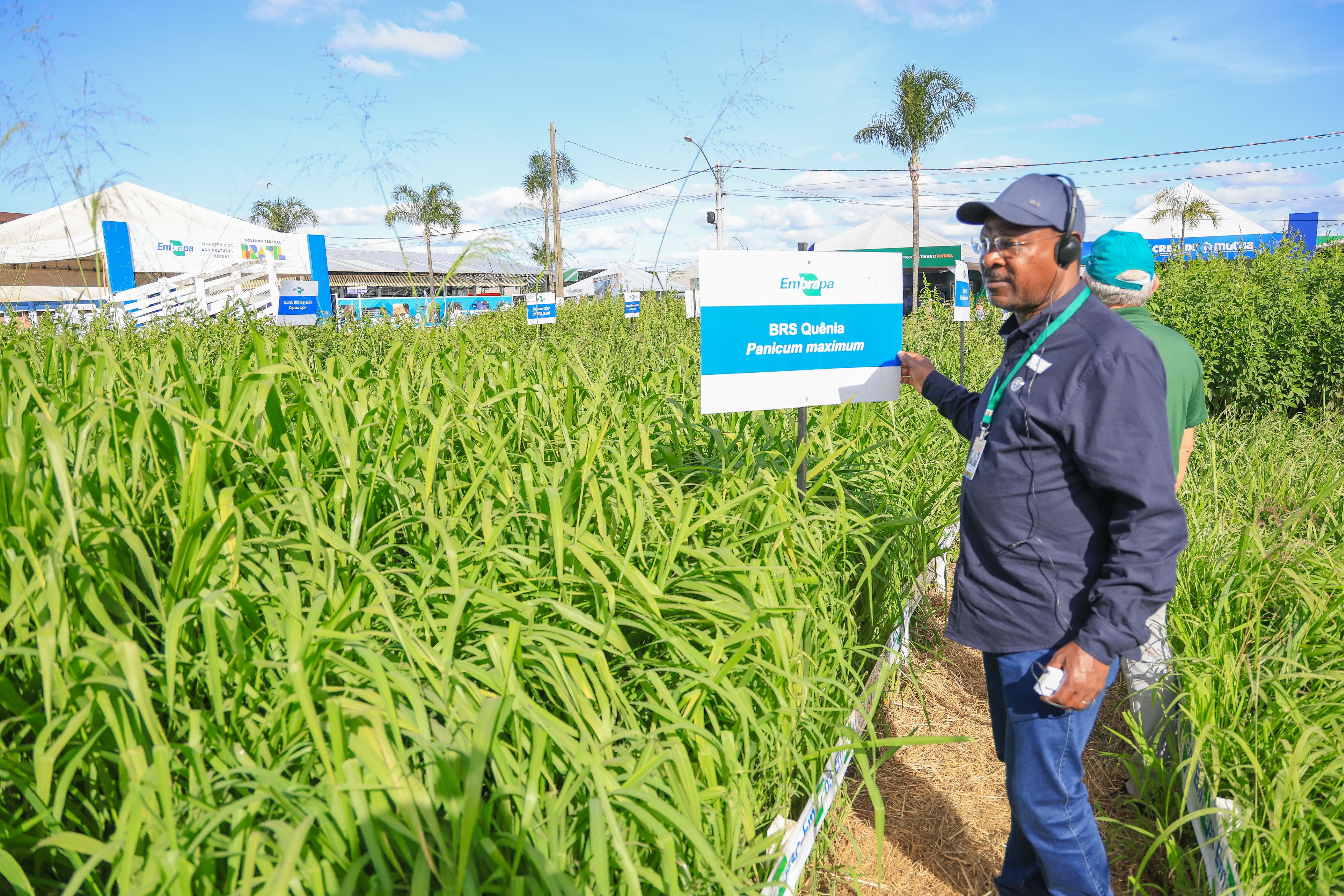
Kenya is currently implementing reforms to revive its own
sugar industry, which contributes 7.5% to the national GDP, and hopes to
replicate Brazil’s success in value addition and market competitiveness.
“Livestock contributes around 12% of our GDP,” the Speaker
added.
“We are keen to learn from Brazil on how to scale our sector
beyond local markets.”
With Kenya being a member of the East African Community
(EAC), the Speaker’s delegation—which comprises Nominated MP Sabina Chege,
Zaheer Jhanda, MP for Nyaribari Chache, and Stephen Apopo, Director and Chief
of Staff in the Office of the Speaker of the National Assembly—encouraged
Brazil and MERCOSUR—the Southern Common Market—to explore opportunities for
broader South–South trade partnerships that can benefit millions across both
regions.
The Kenyan delegation also lauded Brazil’s global leadership
during its G20 Presidency and praised the country’s efforts in securing the
African Union’s inclusion in the G20.
“This move has amplified Africa’s voice in global economic
discourse,” the Speaker said, on behalf of the delegation.
“We commend Brazil’s commitment to inclusive development
through initiatives like the Global Alliance Against Hunger and Poverty. Kenya
reaffirms its dedication to not only achieving national food security but also
contributing meaningfully to the shared global mission of eradicating hunger
and poverty.”


